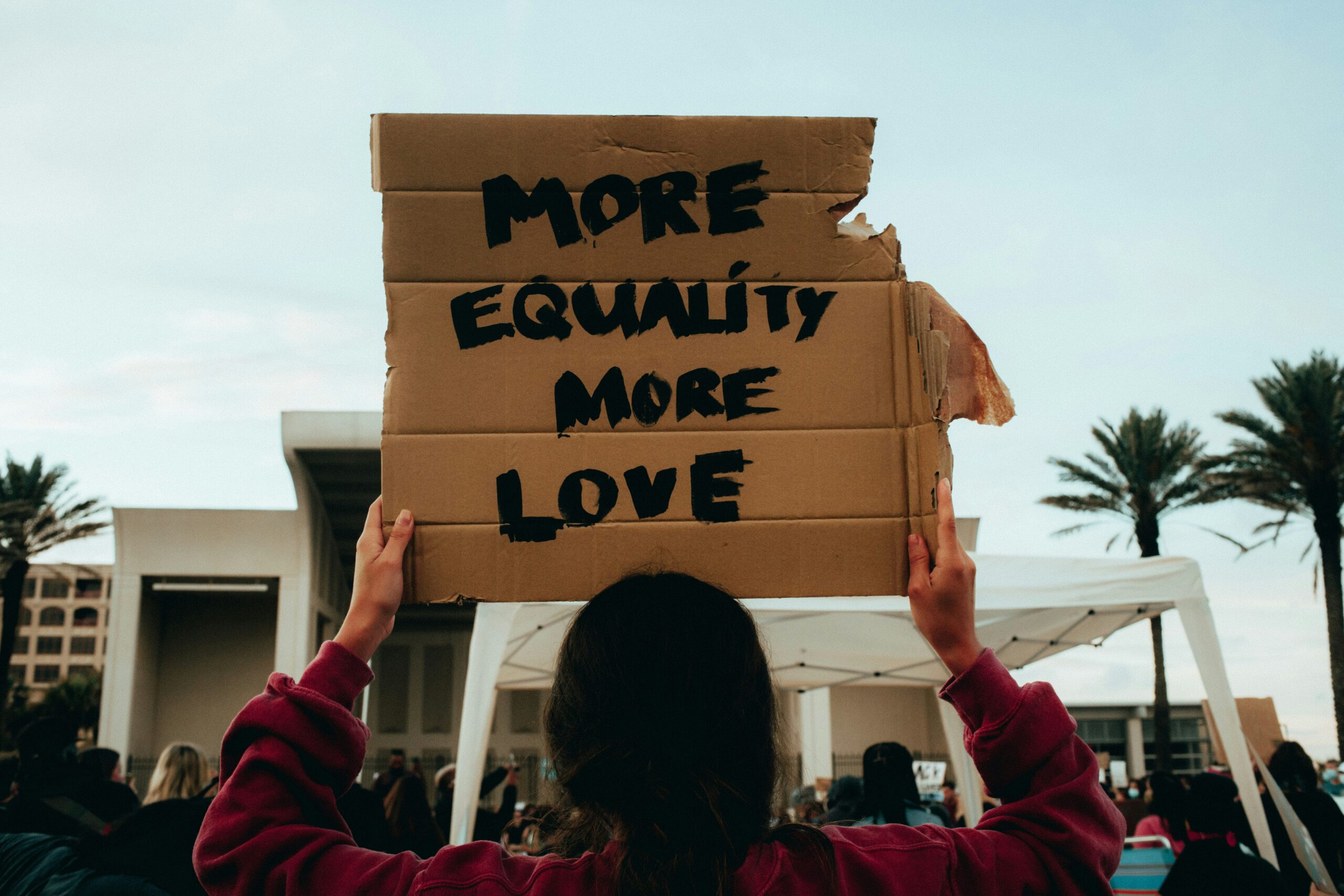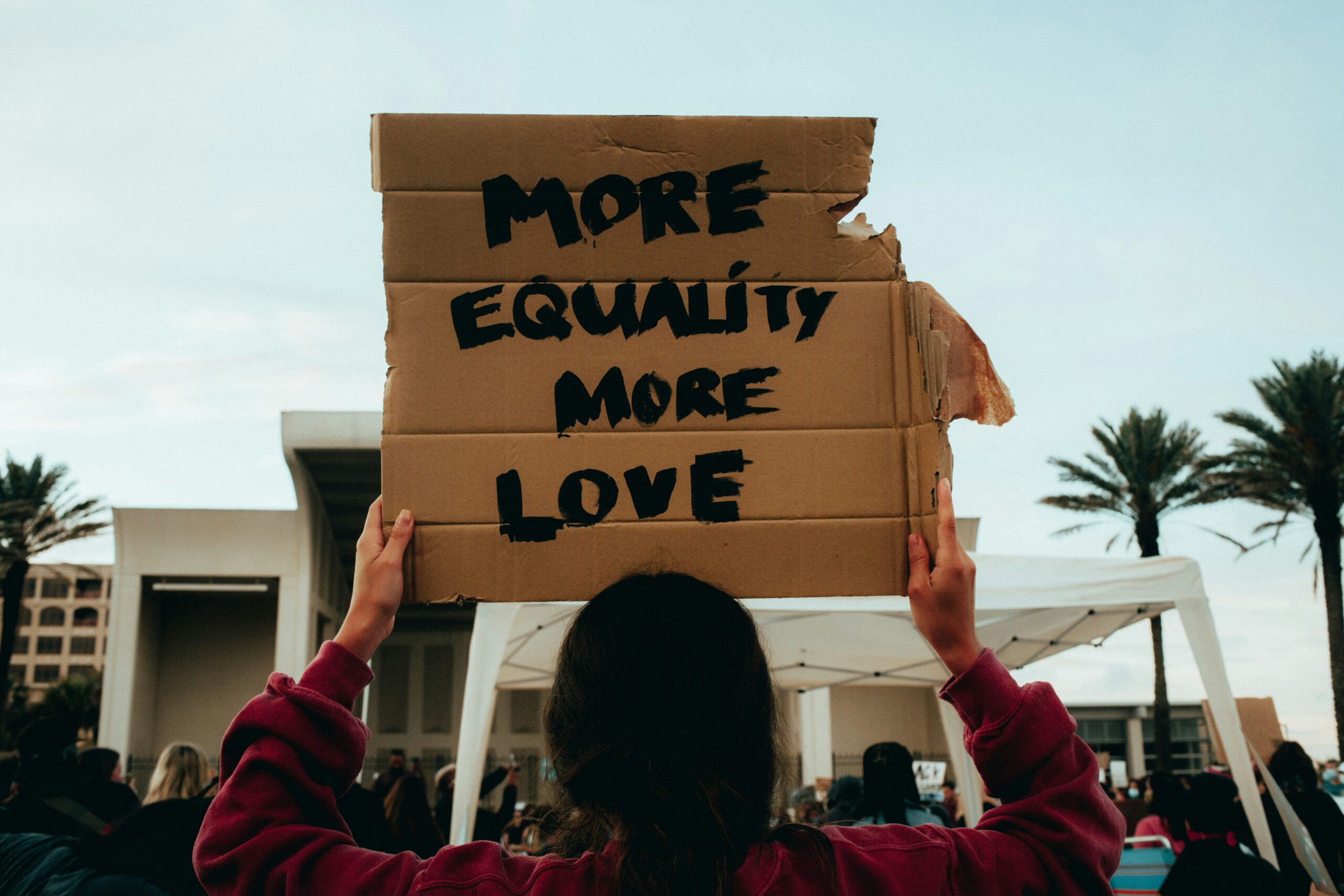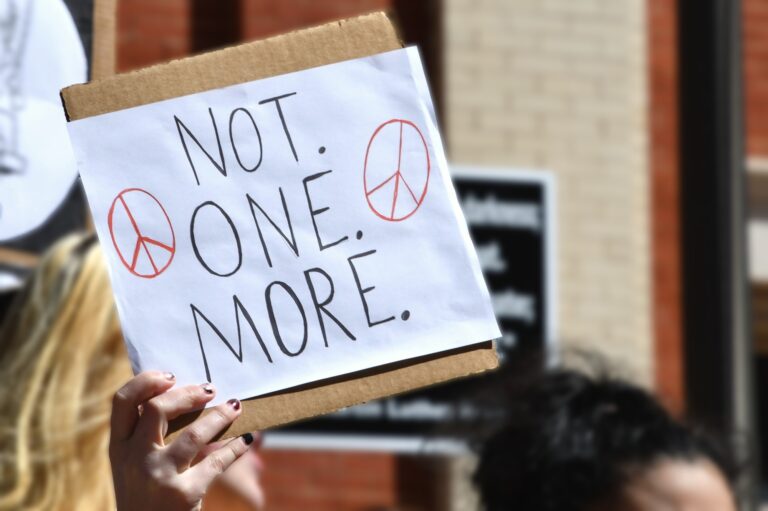
Understanding Silence: A Misconception
Many individuals operate under the assumption that silence can often be a neutral stance, a choice unburdened by moral or ethical weight. This misconception is prevalent in various contexts, including interpersonal relationships and broader social issues. The belief that withholding opinion or remaining silent is merely a passive act underestimates the profound role silence plays in enabling injustice and perpetuating complicity.
In personal relationships, silence can create a void filled with misunderstanding and resentment. For instance, when one party chooses not to address a conflict or express their feelings, the unintended consequences may lead to the deterioration of trust and intimacy. The absence of dialogue can stifle growth and understanding, giving rise to a harmful environment that prioritizes avoidance over resolution. This phenomenon exemplifies how silence is not harmless but actively contributes to the perpetuation of unresolved tension.
On a societal level, the ramifications of silence are even more pronounced. Historical and contemporary issues, such as discrimination and inequality, have thrived when individuals and communities opt for silence over advocacy. By refraining from speaking out against injustice, society tacitly allows the status quo to continue unchallenged, thus showcasing a troubling complicity. Silence, in this sense, is not neutral; it can serve as a tacit acceptance of wrongdoing, thereby contributing to systemic issues rather than fostering social responsibility.
Moreover, in environments where accountability is due, silence can embolden perpetrators and further marginalize those who are victimized. The belief that not taking a stance represents neutrality can become a dangerous mindset, shielding harmful practices from critique. It is imperative to recognize that silence is an active choice that can uphold oppressive systems, underscoring the critical importance of making our voices heard in the face of injustice.
The Protective Nature of Silence for Abusers
Silence, often perceived as a passive stance, takes on a more complex role in the context of abuse. For many victims, the decision to remain silent is not merely a choice but a survival strategy. Their silence can be rooted in deep-seated fears, societal pressures, and stigmatization that serve to protect the abuser rather than the victim. This phenomenon can lead to a grotesque complicity with injustice, wherein the systemic silencing of victims facilitates the continuation of abusive behaviors.
Statistics show a troubling pattern: according to a 2022 report by the National Domestic Violence Hotline, approximately 70% of victims do not report their abuse to authorities. This statistic speaks volumes about the barriers victims face, including fear of retaliation, not being believed, and social ostracization. The ingrained silence nurtures an environment where abusers feel emboldened to act with impunity, as their actions remain shielded from scrutiny.
Real-life stories further illuminate this dynamic. A prominent case involved a university student who endured years of harassment from a fellow student. Despite confiding in friends and faculty, her fears of being labeled a troublemaker kept her from taking formal action. Her silence not only protected her abuser but also inadvertently reinforced the culture of complicity surrounding him. This chilling reality underscores how victims’ silence can create a feedback loop that allows injustice to persist, highlighting the urgent need for empathy and social responsibility in addressing and supporting victims.
Understanding the role of silence reveals its duality; while it can be a coping mechanism for victims, it also serves as a protective barrier for perpetrators. Therefore, breaking the silence is a vital step towards dismantling the structures of abuse and fostering accountability. The dialogue surrounding these issues must remain active to enhance awareness and empower those affected, therefore challenging the status quo of complicity and injustice.
Silence as Enabler of Injustice
Throughout history, silence has often been a formidable ally of injustice, facilitating the perpetuation of discrimination and inequality within societies. When individuals or communities choose silence in the face of wrongdoing, they inadvertently become complicit in upholding unjust systems. This complicity can manifest in various forms, from the tacit acceptance of discriminatory practices to the systemic neglect of marginalized voices. For instance, during the civil rights movement in the United States, the silence of many individuals who either supported segregation or chose to remain uninvolved allowed unjust laws and practices to remain unchallenged for extended periods. This illustrates how silence can serve as a powerful enabler of systemic injustice.
Contemporary instances also reflect the detrimental effects of silence. In recent years, social injustices around issues such as racial discrimination, gender inequality, and LGBTQ+ rights have continued to thrive in environments where people refrain from speaking out. The complicity of bystanders—those who witness injustices yet choose to remain silent—creates a culture where such behaviors are normalized. For example, the #MeToo movement highlighted how silence around sexual harassment allowed such behaviors to proliferate across various sectors, from entertainment to politics. By not voicing their discontent, individuals became unwitting participants in a cycle of injustice.
Moreover, the moral implications of silence invite scrutiny. Responsibility extends beyond merely being a passive observer; it encompasses an obligation to advocate for justice and equity. When collective inaction prevails, societal harm intensifies, leading to systemic issues that impact countless lives. Active engagement, rather than silence, serves as a catalyst for change, fostering environments where equity is not just a concept but a reality. Ultimately, recognizing the costs associated with silence prompts a reevaluation of the roles individuals play in combating injustice and underscores the social responsibility we all share in creating a fairer society.
Reflecting on the Impact of Our Silence
Silence can often be perceived as a passive stance, yet its implications reach far beyond mere inaction. In various contexts, particularly regarding social justice and community welfare, choosing silence can signify complicity with prevailing injustices. The failure to voice dissent or concern not only undermines the struggles of those who face inequities but also breeds an environment where such injustices can flourish unchallenged. Therefore, reflecting on our own experiences with silence is critical in understanding the broader consequences our choices can have.
This reflection invites us to consider instances when we opted to remain silent, whether due to fear, discomfort, or the belief that our voices would hold little weight. We may ask ourselves: How did those moments affect our relationships with others? Did our silence contribute to a culture of complicity, thereby allowing injustice to persist in our communities? It is essential to acknowledge that every individual possesses the power to influence their immediate surroundings. When we confront our silence, we begin to recognize the responsibility we have toward one another.
To engage more actively against the injustices we witness, we can take tangible steps toward becoming more outspoken. First, it is crucial to educate ourselves on the issues at hand, recognizing the equities and inequities that exist in our neighborhoods and workplaces. Secondly, we can promote dialogues that encourage openness and safety in sharing perspectives, allowing others to feel supported in expressing their concerns. Lastly, we must practice vocal advocacy in our circles, whether through community forums, social media platforms, or simply in conversations with friends and family. By transforming our silence into action, we contribute to the dismantling of injustice and affirm our commitment to social responsibility.






